As a Turk, my observations about life in Russia from Ali Ahmedov's blog
In my previous article, I wrote an article in April about my 6-month experiences in Moscow. As of September 2024, my adventure here has almost reached the end of a year and a half and I thought of writing a second article.
In my previous article, I shared my observations about different areas from university life to education, from climate to social life. In this article, after a brief introduction to climate and university life, I will try to give striking and detailed information about social life.
First of all, let's start with the harsh Russian winter and climate that has been freezing us to the bone since the first days of January when I wrote this article. Just like last year, this year too, the new year welcomed us with terrifying cold. With the beginning of January, the air temperature dropped suddenly to -25, -27 degrees. Moreover, the perceived temperature sometimes drops to -30, -35 degrees.
I can even say that my perception of cold has changed. While -15 degrees and below is the new cold threshold for me, if the air temperature is between 0 and -10 degrees and there is no wind, I define it as “very reasonable”. Going out and walking around is not a very possible option in these cold weather conditions. Because after a certain point, the cold becomes really hard to bear. Since I am not used to cold climates, this cold weather becomes even more difficult for me. If you are someone who lives in these climate conditions, you definitely need quality winter clothes or you have to take extra precautions (thermal underwear, large scarves, shawls, etc.). The New Year's holiday in Russia lasts for 1 week. The holiday starts on January 1st, the first day of the new year, and continues until January 7th (Christmas Day for Orthodox Christians).
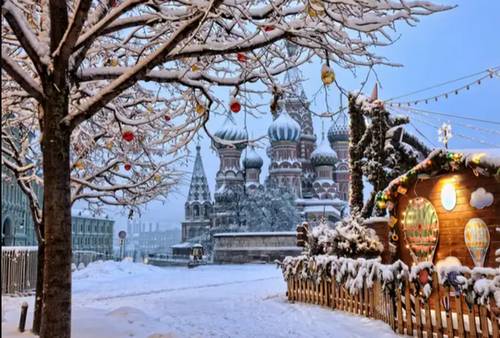
Then, work and education resume where they left off. Russians usually prefer to return to their hometowns during the New Year's holiday and spend the New Year's Eve with their families. Another option is to travel to the southern parts of the country or to other countries to get away from the cold. In fact, you can understand why vacations are indispensable for Russians by looking at what I have said. I am not talking about New Year's vacations, I am talking about summer vacations.
Yes! In the Russian mentality, summer vacation plans are indispensable and they do not compromise on this easily. The reason for this is that the winter season is very long and with this, they are exposed to the cold a lot and are deprived of sunlight for most of the year. Naturally, people try to get the most out of the sun by going to warm countries or regions for a certain period of time.
At this point, Turkey is one of the indispensable destinations for Russian tourists. Service quality, geographical proximity, price-performance balance are a few factors that put Turkey in an advantageous position. However; it is worth noting that the economic fluctuations in Turkey are also causing Russian tourists to reconsider their holiday preferences. Last year, due to the increasing tour prices, the number of tourists who made their choices from other countries was also quite high. Egypt, UAE, Thailand, Italy and Spain are other preferred holiday destinations for Russians.
Russians who cannot travel abroad prefer to holiday in different cities in the country. Russia offers many different options at this point anyway. Someone who prefers cultural and historical tourism can travel to the wonderland of St. Petersburg in the north, Kazan, the capital of the Tatarstan region, or historical cities such as Makhachkala and Derbent in the Caucasus region; while Sochi and Crimea are the most preferred destinations for domestic tourists for sea tourism, Russia already offers a wide variety of options for nature tourism.
After talking about climate and tourism, I would like to make a few notes about my own educational journey. I have already completed 1.5 years of my master's degree and as of last December, I have put the final touches on all my courses. This semester, I will focus on writing my thesis and research paper. In my first article, I wrote that I am doing my master's degree in the "Politics, Economics, Philosophy" department, but it would be useful to give a small detail: There are actually three different fields in our department and our courses and curriculum change depending on the field we choose. I am continuing my education in the field of "Russian Studies", which is a field I have been interested in since my undergraduate years in the Russia/Eurasia region. At the end of my first year, I had undertaken an academic study in the context of Turkey-Russia relations. My thesis topic will again be on the energy side of Turkish-Russian relations. Writing such academic articles or theses can sometimes sound like a very painful process. Yes, although it is not an easy process, if you write in the field you want, on a subject you love, it is actually just as fun and educational. I see this process for myself like this. On one hand, there is a region I have been interested in for a long time, and on the other hand, there is my own country. When you combine these two and bring them together in an academic study, it is naturally delicious.
What I mean is; if we are doing academic work or a job in a field we love or are interested in, it becomes that much easier to overcome the obstacles in front of us.
Another issue that needs to be mentioned both in the university and in Russia in general is “cultural diversity and richness”. At the beginning of this year, we launched the Turkish club at our university, which we had been planning for a long time with our Turkish friends who we study together. Our first agenda item after the establishment of the club was to start preparations for the “HSE Unity Fest” event to be held in early November. In short, we attended the event and tried to represent our country to the extent of the opportunities we had; But the point I wanted to make was that, along with us, a total of 33 ethnic and national clubs from communities inside and outside Russia participated in this event.
Outside of Russia, clubs from Azerbaijan, Kazakhstan, Kyrgyzstan, Armenia, Bulgaria, Macedonia, Greece, Serbia, Israel, Indonesia, Belarus and many other countries; and from within Russia, Chechens, Tatars, Kalmyks, Ossetians, Chuvashes and many more participated in the event. Although the Nagorno-Karabakh war had just ended, the Azerbaijani and Armenian clubs performed their shows at the same event without any problems and thanks to the event,
We had the opportunity to get to know the cultures of many nations up close. In addition, such events are held at many universities and under the roof of different organizations. Although hosting so many differences poses potential problems, experiencing and sustaining this cultural richness is also commendable.
My Observations and Experiences on Social and Community Life
Since my first article, the topics that I have been talking about the most have accumulated. For this reason, I will focus on this section in some detail. The first small but striking issue is the extreme prevalence of Apple product use in Russian society. So much so that even sanctions and the state of war could not prevent this situation. In daily life, you will definitely see an iPhone in almost everyone's hand. The situation is the same on university campuses: Phones are iPhones and laptops are MacBooks. Even after the war, people were worried about whether they would have trouble accessing Apple products; but right now, there is no problem accessing the products. In fact, I can say that even in Russia, which is under sanctions, the price of iPhone products is cheaper than in Turkey. When you look at it economically, it is not very difficult to access Apple products.
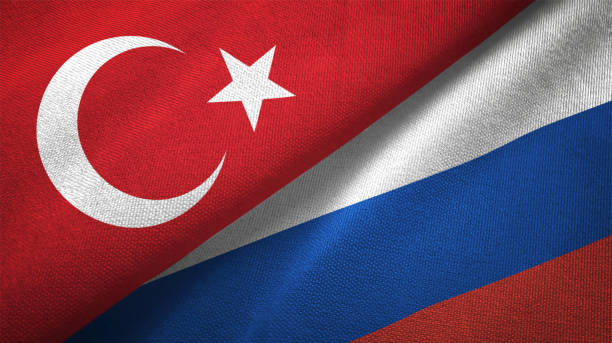
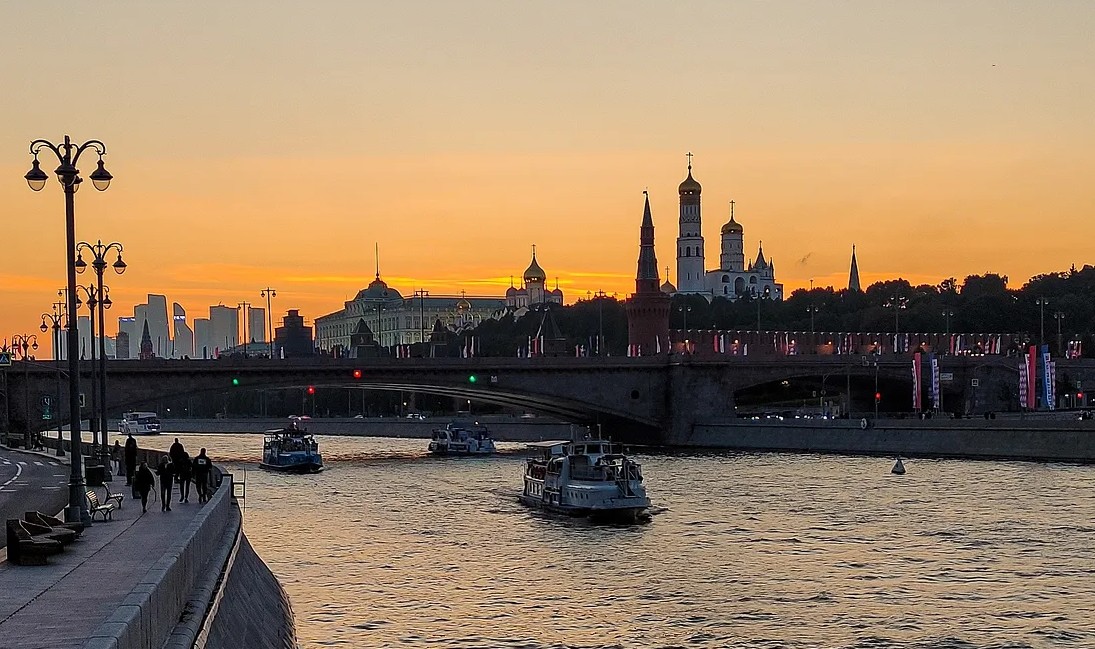
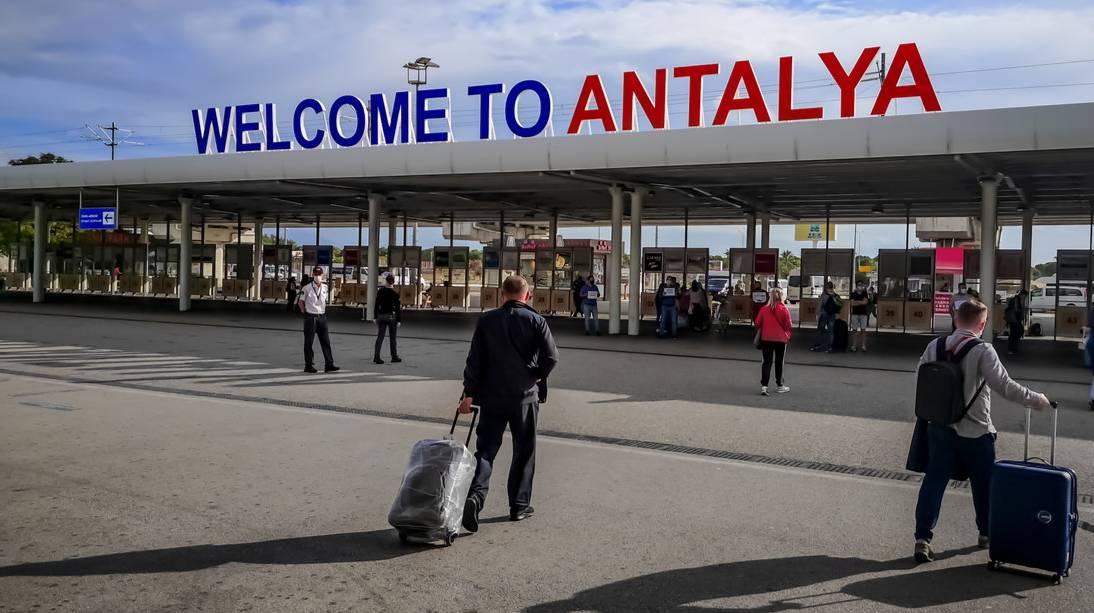
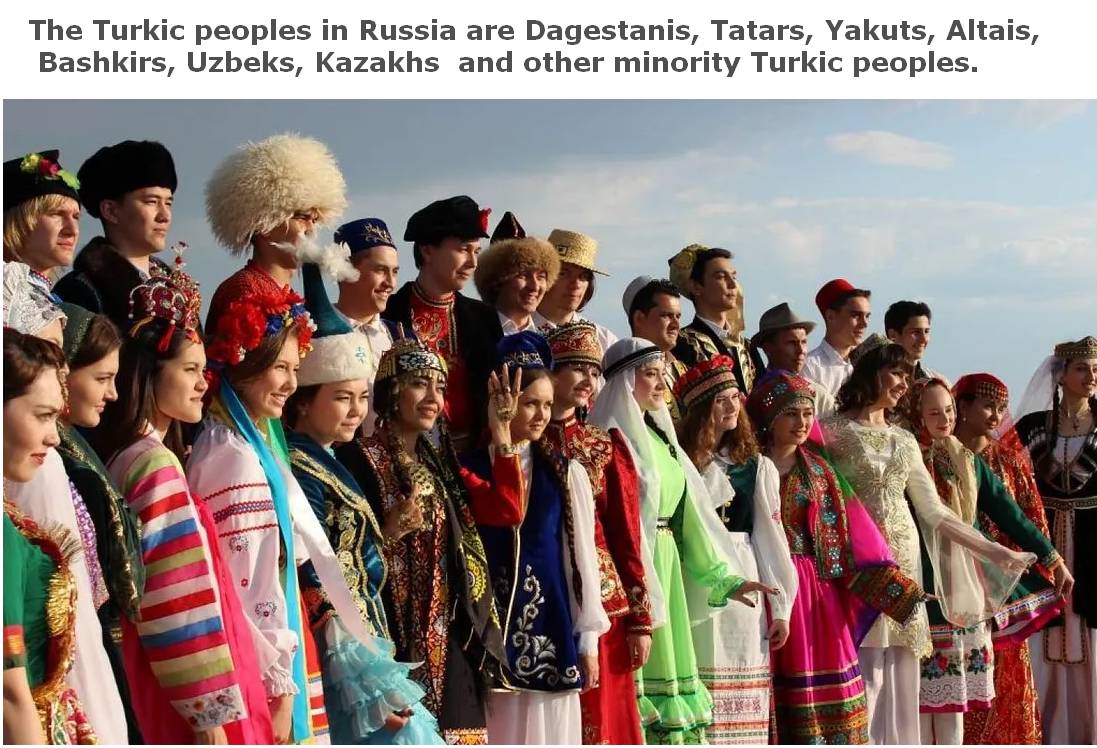

The Wall